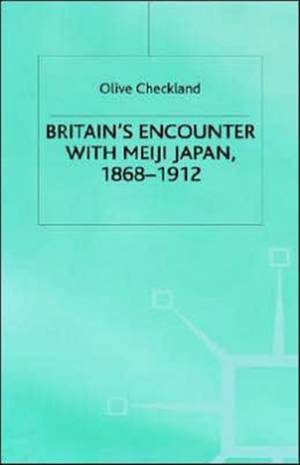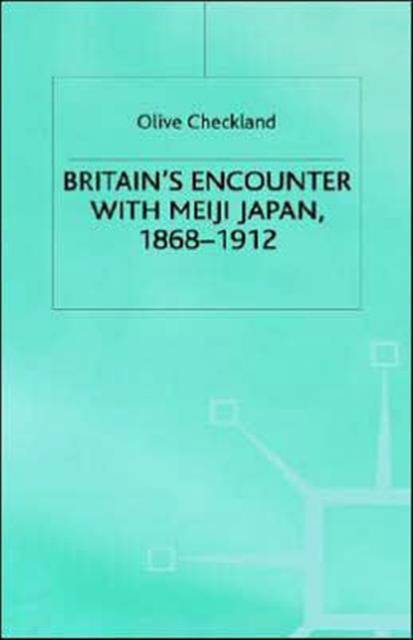
- Afhalen na 1 uur in een winkel met voorraad
- Gratis thuislevering in België vanaf € 30
- Ruim aanbod met 7 miljoen producten
- Afhalen na 1 uur in een winkel met voorraad
- Gratis thuislevering in België vanaf € 30
- Ruim aanbod met 7 miljoen producten
Zoeken
€ 259,45
+ 518 punten
Omschrijving
During the Meiji Era, of 1868-1912, British influence in Japan was stronger than that of any other foreign power. Although role models were sought from Englishmen and Scotsmen, whether diplomats, engineers, educators or philosophers, the first priority for the Japanese was to achieve a transfer of industrial and technical skills. As important customers, who brought good profits to British industry, the Japanese were accommodated when they stipulated on awarding a contract that their own people should work in office, shipyard or factory. Much new research material discovered in Japan, England and Scotland has enabled the detailed examination of a relationship - with Britain as Senior and Japan as Junior partner - which lasted until 1914. It was on these foundations that Japan was able subsequently to build a great industrial nation.
Specificaties
Betrokkenen
- Auteur(s):
- Uitgeverij:
Inhoud
- Aantal bladzijden:
- 357
- Taal:
- Engels
Eigenschappen
- Productcode (EAN):
- 9780333483466
- Verschijningsdatum:
- 14/09/1989
- Uitvoering:
- Hardcover
- Formaat:
- Genaaid
- Afmetingen:
- 140 mm x 216 mm
- Gewicht:
- 639 g

Alleen bij Standaard Boekhandel
+ 518 punten op je klantenkaart van Standaard Boekhandel
Beoordelingen
We publiceren alleen reviews die voldoen aan de voorwaarden voor reviews. Bekijk onze voorwaarden voor reviews.











